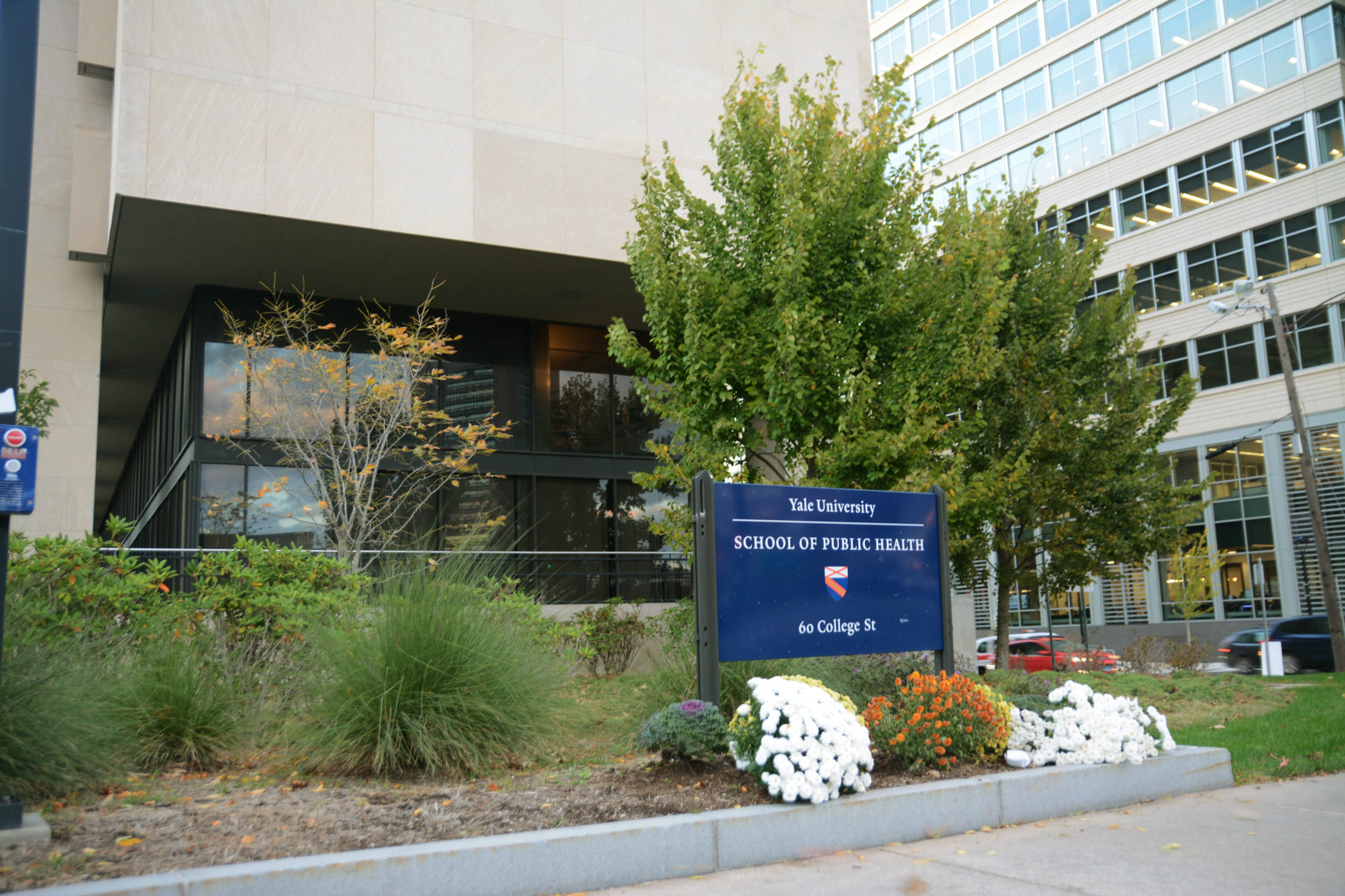Yale researchers develop software for individualized cancer treatment
In an effort to practice precision medicine — a medical movement to develop specific treatments for individual patients — scientists created software to quantify and differentiate the impacts of variants occurring in cancer.

Yale Daily News
A software that significantly improves clinicians and researchers’ abilities to target cancer mutations for individualized patient treatment was recently developed by researchers at the Yale School of Public Health.
The new program quantifies the impact of single-nucleotide variants in cancer proliferation and their survival in humans. The software was developed by Jeffrey Townsend, professor of biostatistics and ecology and evolutionary biology at Yale School of Public Health, Jeffrey Mandell, first author and a doctoral student in Townsend’s lab and Vincent Cannatro, assistant professor of biology at Emmanuel College.
By organizing data of somatic variants — a mutation that can occur in any cell except for germ cells — facilitating mutational signature analysis and calculating site-specific mutation rates, the researchers confirmed that certain variants exhibit a higher impact of cancer development than most other variants. This software serves as a better predictor of the variant’s effect on cancer than other techniques, which indirectly make predictions based on protein structures or amino acid sequences.
“In cancer treatment today, one of the big movements is to come up with specific treatments: precision medicine,” Townsend said. “This software examines the mutations that characterize each tumor and quantifies each one to each cancer that an individual has. This prioritizes precision treatment.”
The main question that drove Mandell on this research journey was his attempt to understand which mutations out of thousands of accumulated variants were the most important in cancer development, along with determining what the appropriate targeted treatments are.
According to Mandell, a patient’s tumor is “easily sequenced” through the advanced technology available today. However, he noted that not all mutations provide the same level of insight to determine the necessary medical treatment.
“The question is then: what tools can we use to prioritize the most relevant genetic mutations?” Mandell said.
The implications of this software are multifaceted. First, it is capable of contributing to “basic science research, academic translational research and pharmaceutical trials,” according to Townsend. He noted that the software will help medical professionals “make better targets when analyzing cancer mutations and making target drugs.” Furthermore, he said that it can aid scientists in deciding what genetic targets to use resources on during clinical trials, which can be “exhaustive.”
This project has been in development since 2016 when the idea was first proposed, according to Cannatro, who at the time was a postdoc at the Townsend lab. The first version of the software was published in 2018 in the Journal of the National Cancer Institute. Later on, the authors made changes to improve user accessibility, data annotation and expansion in the models of cancer variant selection. The current paper details the final version of the software, which was published in 2022 in Molecular Biology and Evolution.
“In the literature, there are examples of prevalent variants as a metric of how important the variants are,” Cannatro said. “However, the rate of the occurrence of the variants happens differently.”
For future directions of the research, Townsend said, improvements could be made in quantifying the average effects of the variants across cancer patients and their precise effects on each individual patient. These effects could depend on existing mutations within the patient’s tumor.
Additionally, the current software can only measure somatic single-nucleotide mutations, which constitute the vast majority of mutations in early stages of cancer. However, the software can potentially be programmed to include copy-number mutations and others that occur in later stages of cancer development.
The first edition of Molecular Biology and Evolution was published in 1983.







